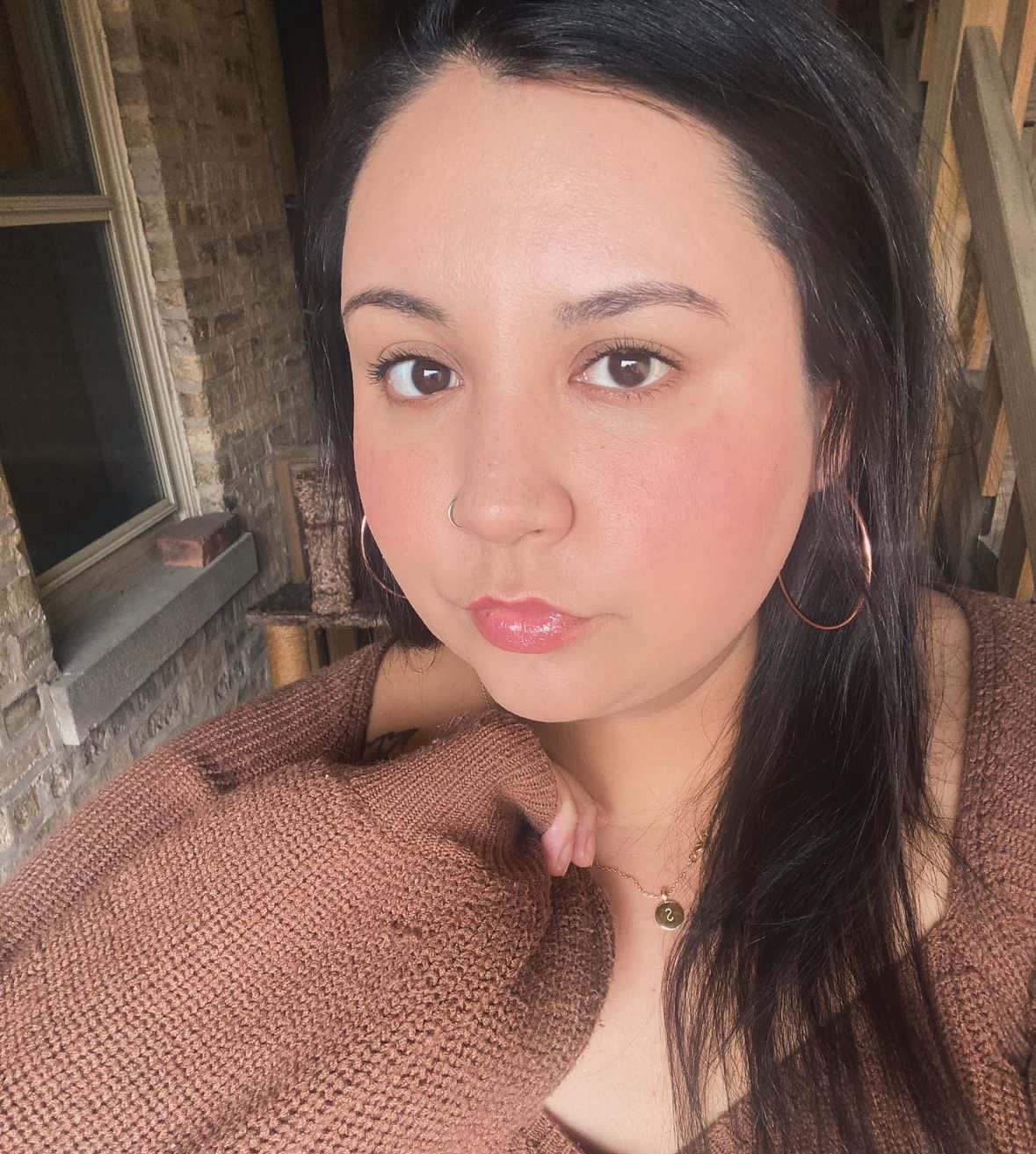Issue 24: Music Writer Sam Lopez
Welcome to The Band Bible! I’m truly glad to have you here. If you’re a new reader, purpose of this newsletter is to address, break down, and shine a light on the business of being in a band. Each issue, we do this by interviewing (and celebrating!) someone who is making waves through their incredible work with or for independent artists. Sometimes, we interview independent artists themselves. Learning the business of being in a band is something that is often inaccessible or shrouded in mystery, and it shouldn’t be, so I hope The Band Bible is able to play even a small role in helping to change that.
And just like that, our September issue is here! To say it’s a pleasure to have Sam Lopez as this month’s interviewee is a total understatement. Sam and I first crossed paths at Consequence when we were assigned to co-write features on The Clash and Riot Grrrl albums (fun fact: I was absent-mindedly scrolling on Twitter a day or two after our Riot Grrrl piece came out when I saw that Judd Apatow had retweeted it). During those initial collaborative experiences, I didn’t just find someone I liked to work with in Sam. I found a wonderful friend whose talent for writing I admired and respected just as much as her taste.
This is the first time I’m publicly sharing this in the Carnival-sphere, and I’m thrilled to be doing so: Sam and I are collaborating yet again. We’re in the process of launching our own music publication, Hush Magazine. We’re creating Hush out of a desire to champion artists, writers, and ideas that may otherwise be “hushed” by more corporate-leaning publications. Beginning to build Hush with Sam has been such a joy, and we cannot wait to get it out into the world. If you’d like to follow Hush on Instagram to keep up with launch news, you can do so here.
Outside of Consequence and Hush, Sam’s work has also appeared in The New York Times, Paste, and more. She’s a music writer who is just as seasoned as she is savvy, which makes her a fabulous interviewee. Here, Sam dives into how she broke into the industry, the pieces than mean the most to her, and, of course, the commandment she’s leaving behind in The Band Bible. Read on and enjoy.
How did you get into writing about music?
While working at the college radio station at Oregon State, I stumbled upon a local Portland zine asking for contributing writers. I’d been reading music journals for years, but it had never occurred to me that it was something that I could do. So, I took a blind leap and pitched them. It’s turned into a decade of combining my love of words with my passion for music.
Which piece(s) of yours are the most meaningful to you, and why?
I still love a piece on The Cure I did a few years back for Consequence. It coincided with the 30th anniversary of Disintegration. I tend to write very personal essays, and that one helped me cope with the recent divorce of my parents. A more recent essay was on Liz Phair’s Exile in Guyville, which helped me sort through my relationship with sex and reclaim my own sexuality. As you might be picking up on, I tend to use music as a way to express and process my emotions.
With so many publications out there, how would you suggest artists go about navigating which ones are right for them to pitch to?
Do your homework. Of course, you want an opportunity, but it’s even more important to find the right home for your work. As time passes, you’ll develop relationships and find people and places that appreciate what you do and value what you bring.
If an artist would like to pitch to you, what are your personal dos and don'ts?
Again, it helps if you know who you are pitching to. In this case, knowing something about me and the type of music I tend to cover. Like all journalists, I get pitched a ton, so have a well-crafted spiel that tells me what you’re all about and what sets you apart from the others in my inbox.
Lastly, which "commandment" would you like to leave behind in The Band Bible?
Persistence, persistence, persistence. I only got to write about music because I put myself out there and didn’t fear rejection. In some cases, those rejections (or ignores) turned into opportunities a week, a month, or even years later.
A huge thanks to Sam for taking the time to share such thoughtful answers. To read more of her work, click here.








